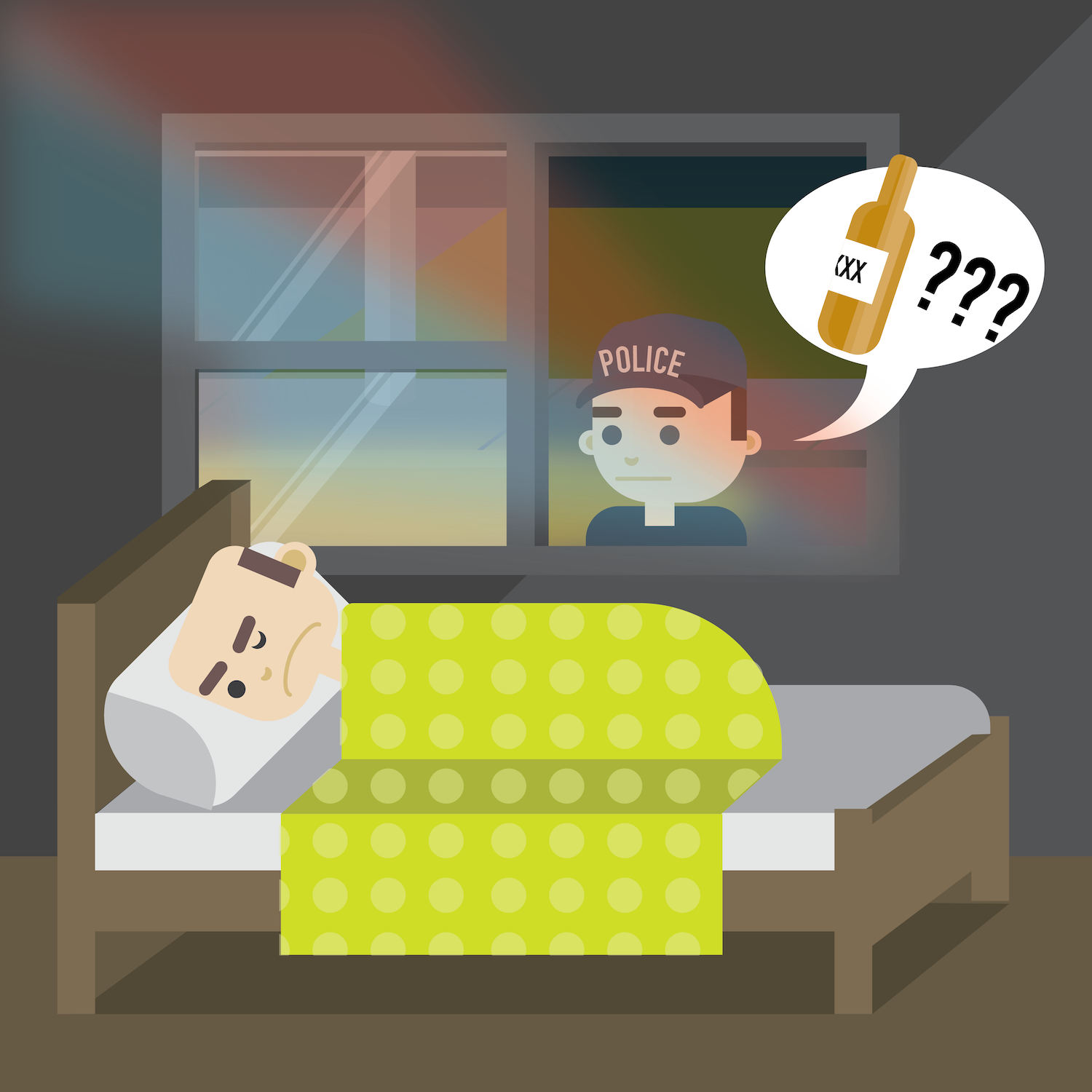Following closely after the legalization of marijuana, it is no surprise the federal government would take the opportunity to also revise the laws surrounding impaired driving. Effective Dec. 18, a series of stricter laws have come into effect under Bill C-46, such as removing the clause of reasonable suspicion (roadside only), mandatory alcohol screenings, and increased maximum penalties, with the minimum remaining a $1,000 fine.
What does this mean for the average Canadian? Well, in three words, mandatory roadside breathalyzers. In removing reasonable suspicion, police can now pull over anybody regardless of probable cause. With this comes the potential for inconvenience, especially with the mandatory alcohol screenings. Waiting in traffic can be bad at times, but now, as police do not require reasonable suspicion, they in effect have ultimate authority on the roadside, and the potential for delays seems — unfortunately — inevitable.
Furthermore, the change implemented a “two-hour rule,” in which police can breath test drivers two hours after driving. If they refuse they can be taken into custody and potentially charged. This means the police can test people at home, at restaurants, or even at bars themselves and it’s the responsibility of the driver, if they fail the breathalyzer, to prove that they haven’t driven in that time frame. It should be said, though, that in order for the police to test you at a restaurant or at home they must have reasonable cause. Michael Engel, a Toronto defence lawyer, in an interview with Global News stated: “It casts the net too wide. It’s going to potentially criminalize innocent behaviour.”
This series of stricter laws sets Canada’s driving laws closer to that of Germany, France, and Ireland, and it’s clear that the goal is to massively reduce the presence of drunk drivers and accidents associated with them. But where is the line drawn and does it impede social liberties?
As a person that enjoys the occasional recreational drink with friends at home or at a bar, this is deeply concerning. Now, I realize that the likelihood of this happening is relatively slim and that the local police cannot demand a breathalyzer, in a restaurant etc., unless they have probably cause; however, I still cannot help but feel a little more paranoid when I drink out. When I do enjoy a drink at home I don’t feel nearly as paranoid since unless a warrant is provided there is no obligation to let the police inside my house, and that provides a way around directly refusing the breath sample.
This breeds a swath of potential harassment cases. While I would use a warrant in the case of the police coming to my home, it quickly becomes an impossibility if the police decide to, let’s say, breathalyze drivers at restaurants, grocery stores, bars, and the list goes on. Does this extra granted authority breach on social liberties and freedoms? Is it unconstitutional? If the police can justify reasonable suspicion, how long until these new laws are manipulated to serve an individual’s purpose? For instance, a spiteful ex could phone the cops and have them show up during pub night to breathalyze you, or a rival sports team could disqualify a competitor by using this system. These new laws can be manipulated; let’s keep that in mind.
In reality, however, I doubt that these changes will seriously alter our day-to-day lives and the enjoyment that comes with recreational drinking. Breath sampling everyone at check stops is a hassle for police and their time can be better spent elsewhere. Furthermore, despite the strictness of these laws, without probable suspicion, I do not think that these changes will be acted upon with vigour but rather sparingly. In addition, I doubt the police will hire or dedicate any more man power to the pursuit of impaired drivers than they already do. Yet this is the law now, and since it is we will surely see these laws come into effect now and then.
Overall, I find these new laws too strict in nature, a great potential for inconvenience, and wasted taxpayer dollars. While they may prove beneficial in reducing the overall presence of impaired drivers, I think the cost is not entirely worth the delays it represents. Criminal lawyers suspect that this law will be challenged and is likely to undergo court appeals, and perhaps even make it to the Supreme Court of Canada, yet this process is likely to take years. In the meantime, we have no choice but to sit tight and wait.
Image: Cory Jensen/The Cascade


